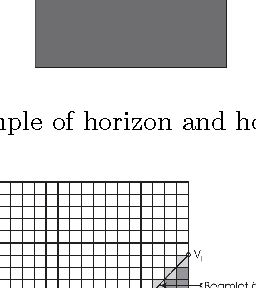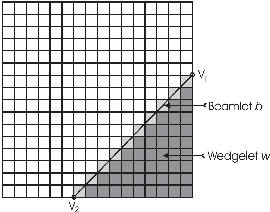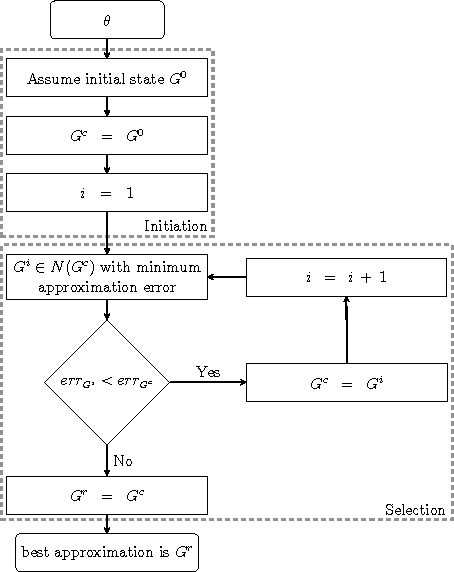Parallel Stroked Multi Line: a model-based method for compressing large fingerprint databases
Paper and Code
Jan 10, 2016



With increasing usage of fingerprints as an important biometric data, the need to compress the large fingerprint databases has become essential. The most recommended compression algorithm, even by standards, is JPEG2K. But at high compression rates, this algorithm is ineffective. In this paper, a model is proposed which is based on parallel lines with same orientations, arbitrary widths and same gray level values located on rectangle with constant gray level value as background. We refer to this algorithm as Parallel Stroked Multi Line (PSML). By using Adaptive Geometrical Wavelet and employing PSML, a compression algorithm is developed. This compression algorithm can preserve fingerprint structure and minutiae. The exact algorithm of computing the PSML model take exponential time. However, we have proposed an alternative approximation algorithm, which reduces the time complexity to $O(n^3)$. The proposed PSML alg. has significant advantage over Wedgelets Transform in PSNR value and visual quality in compressed images. The proposed method, despite the lower PSNR values than JPEG2K algorithm in common range of compression rates, in all compression rates have nearly equal or greater advantage over JPEG2K when used by Automatic Fingerprint Identification Systems (AFIS). At high compression rates, according to PSNR values, mean EER rate and visual quality, the encoded images with JPEG2K can not be identified from each other after compression. But, images encoded by the PSML alg. retained the sufficient information to maintain fingerprint identification performances similar to the ones obtained by raw images without compression. One the U.are.U 400 database, the mean EER rate for uncompressed images is 4.54%, while at 267:1 compression ratio, this value becomes 49.41% and 6.22% for JPEG2K and PSML, respectively. This result shows a significant improvement over the standard JPEG2K algorithm.
 Add to Chrome
Add to Chrome Add to Firefox
Add to Firefox Add to Edge
Add to Edge